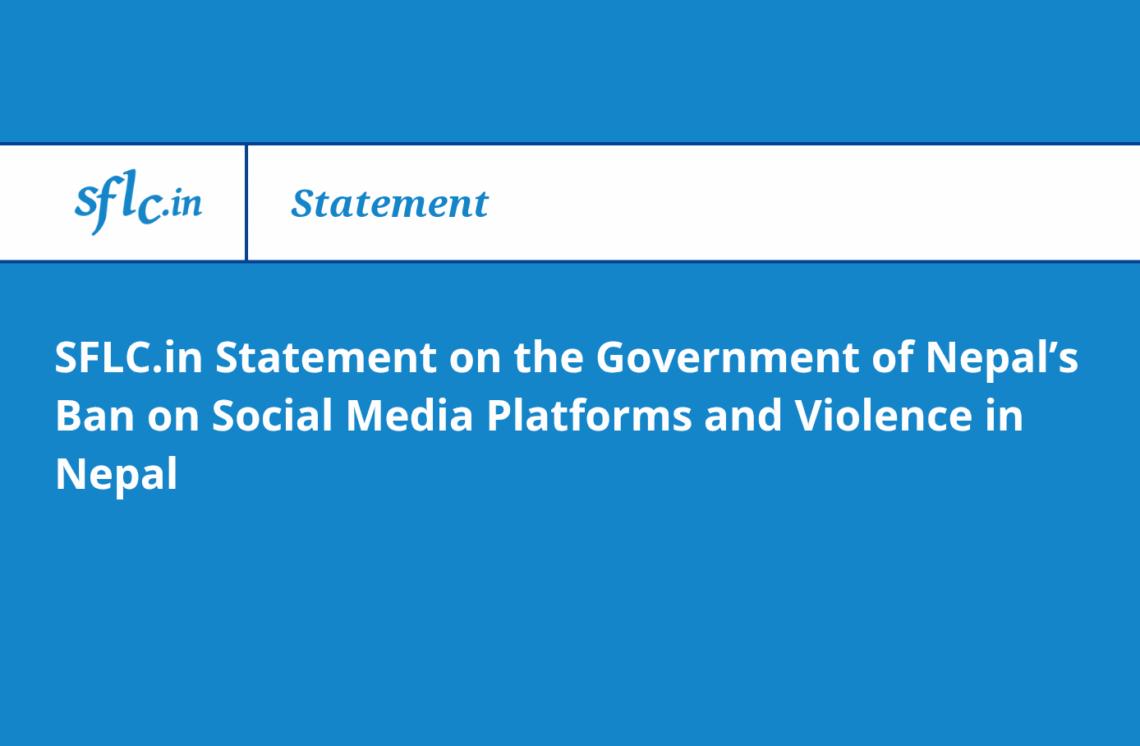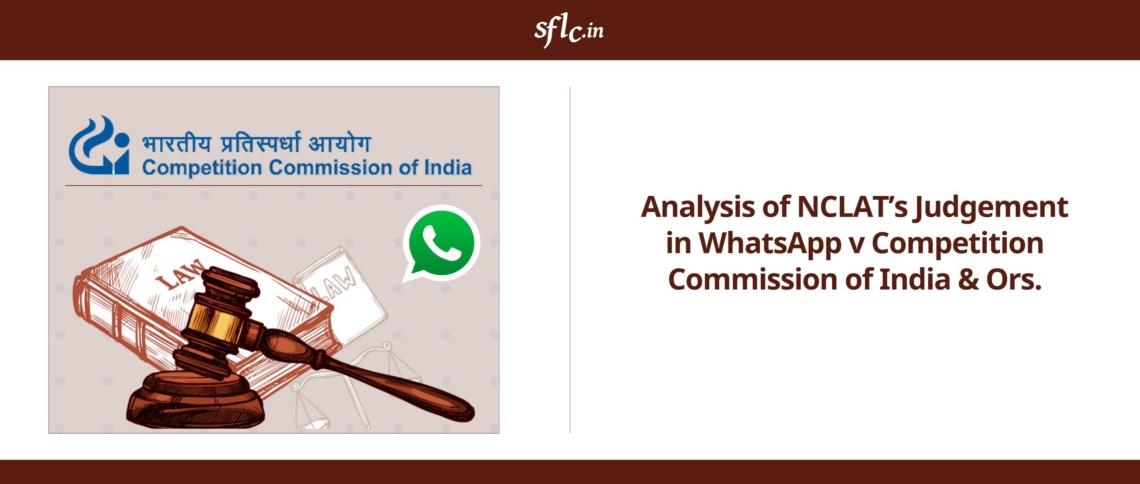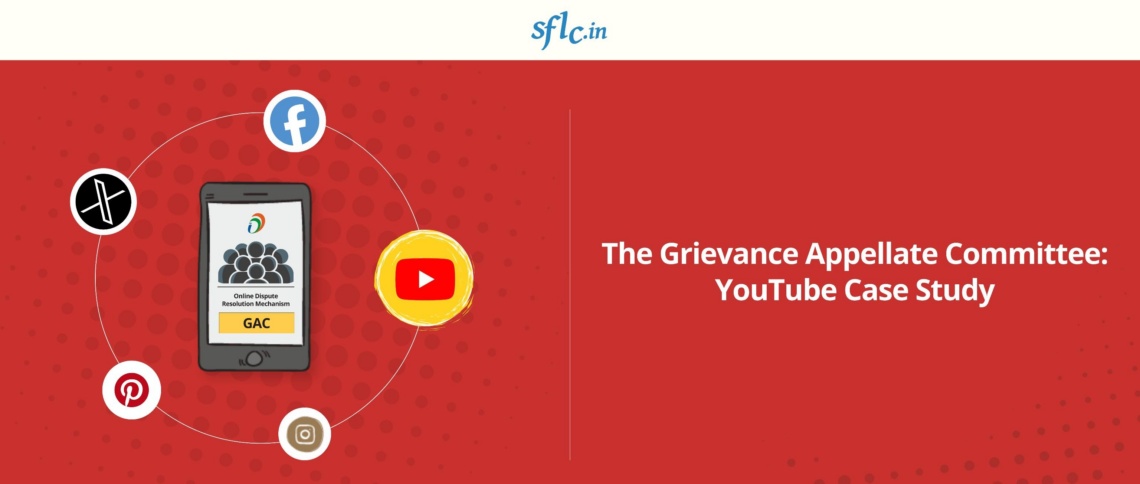SFLC.in strongly condemns the Government of Nepal’s ban on social media platforms and the subsequent violent crackdown on protestors. On September 5, 2025, the government ordered the blocking of 26 major platforms including Facebook, YouTube, WhatsApp, Instagram, X, and Signal for combating misinformation and cyber crimes. The untimely decision came at a moment where citizens’ demands for accountability, transparency, and action against corruption were intensifying. Rather than engaging with these legitimate calls, the government chose to silence its citizens by banning social media platforms and thereby causing a rift in communication, mobilization, and democratic participation. The ban was met with widespread protests demanding accountability and transparency, as citizens voiced deep-rooted dissatisfaction with corruption, impunity, and systemic injustice. Further the excessive use of force on protesters worsened the situation and resulted in the killing at least 20 young protestors and injuring several others.
In a healthy democracy, dissent and critical questioning are not threats, but essential tools for accountability, transparency, and the strengthening of democratic institution itself. While governments may regulate the use of online platforms to protect national security and safety of citizens, resorting to blanket bans in order to enforce unjust laws contravenes both constitutional and international standards. Such measures are inherently repressive and disproportionately harm citizens who depend on digital spaces to express opinion, rob communities of connection, restrict access to vital life-saving information, and reinforce systems of authoritarian control. The abrupt ban of social media platforms in Nepal not only curtailed freedom of expression but also deepened mistrust between citizens and institutions triggering mass protests. We strongly condemn the Nepal Government’s authoritarian decision to restrict digital civic spaces and its use of violent forces to suppress protests. This constitutes a blatant violation of fundamental freedoms, including the rights to freedom of expression, association, and access to information.
Further, according to the Directives for Managing the Use of Social Networks, 2023, social media platforms were required to register under the Ministry of Communication and Information Technology of Nepal by September 4, 2025. Their failure to comply provided the government with the basis for issuing the ban. While we strongly oppose the government’s decision to impose a sweeping ban and violently suppress dissent, we also call on social media companies to recognize their responsibility towards regional compliance. Global social media platforms often overlook regulatory obligations in smaller countries in the Global Majority despite generating significant revenue from these markets. This negligence extends not only to compliance but also to implementing adequate safety measures, including effective content moderation, which leaves users in these countries more vulnerable. Therefore we call upon social media companies to meaningfully engage with regional regulations, prioritize smaller markets in their global operations, and implement rights-respecting safeguards to protect all users.
We call on the Government of Nepal and its armed forces to:
Immediately end all forms of state-sanctioned violence and repression of peaceful protestors.
Uphold international human rights obligations, including those under the International Covenant on Civil and Political Rights (ICCPR).
Ensure transparency and engage civil society in shaping rights-based digital policies and peaceful democratic resolution.
Lastly we also urge protestors to refrain from violence and commit to non-violent means of expressing dissent and addressing grievances.
SFLC.in stands in solidarity with movements in Nepal and globally that continue to resist censorship and fight for free and open internet access.
SFLC.in works at the intersection of technology, law, and policy, advocating for digital rights and freedoms by fostering collaborative efforts among diverse stakeholders in India and beyond.




